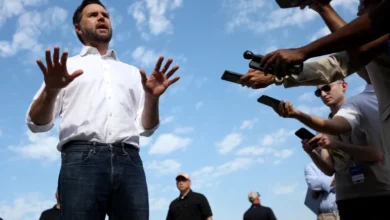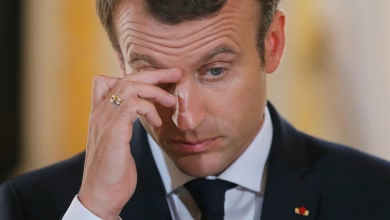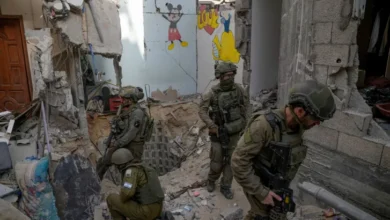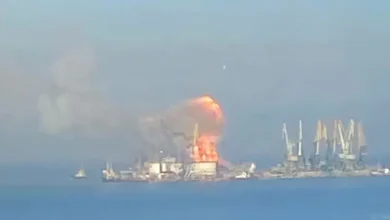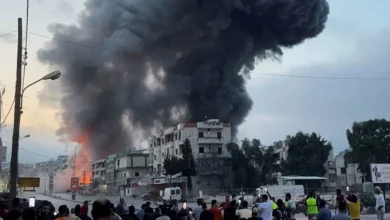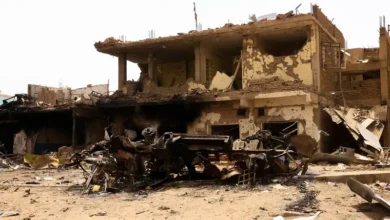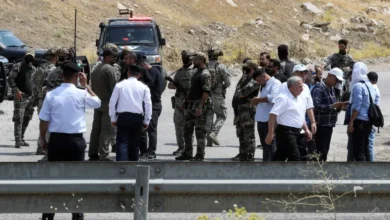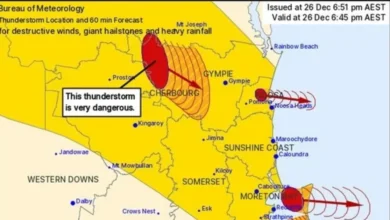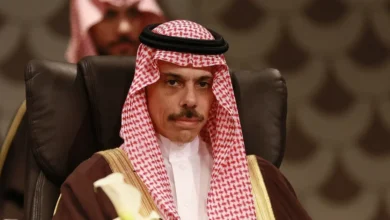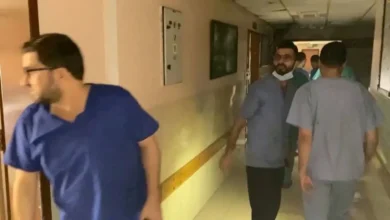Gaza’s only cancer hospital could shut down amid Israel’s war and siege

As hundreds of patients and sheltering civilians were killed at the al-Ahli Arab Hospital on Tuesday in the single worst tragedy since the war began, Dr Subhi Sukeyk was witnessing another, quieter catastrophe affecting his own patients at Gaza’s only oncology hospital.
Two days after the war began on October 7, Israel imposed a “total blockade” on the Gaza Strip, preventing any fuel, water and other supplies from entering the territory.Dr Sukeyk, the director of the Turkish-Palestinian Friendship Hospital, warned that the facility has been running perilously low on the fuel needed to keep its essential services running, as well as the medicines needed for chemotherapy treatment.
“We are trying to keep the essential services,” Dr Sukeyk told Al Jazeera, adding that some services such as radiology, used for monitoring and diagnosis, have already been stopped.
Gaza gets part of its electricity from Israeli power lines, whose supply has been cut. The rest is generated by a power plant that relies on fuel imported from Israel in order to operate. That plant was shut down over a week ago amid the complete siege by Israel that came into effect after Hamas fighters attacked southern Israel on October 7, killing at least 1,400 people. An almost nonstop bombing campaign by Israel since then has killed more than 3,300 people in the Gaza Strip, a third of those children.
But the imminent shutdown of the enclave’s only cancer hospital underscores how it’s not just direct shrapnel and fire from missiles that are pulverising Gaza. The strip has more than 9,000 cancer patients, Gaza’s health ministry said earlier this year.
The Turkish-Palestinian Friendship Hospital has been operating thanks to a single local generator, also powered by fuel – which may soon run out. That will force the hospital to shut down even the basic services it has been able to provide, which would endanger the lives of hundreds of patients who need timely and regular treatment to battle cancer.
“The intensive care unit needs a lot of electricity to operate,” Dr Sukeyk said, “and so do the oxygen machines”.
“Some patients’ chemotherapy had to be delayed. But they are due, they must have this treatment to prevent the tumour from spreading to their bodies, organs.”
As a result of the war, some patients have missed out on their appointments as it became risky and difficult to get to the hospital.Every month, Palestinian health authorities refer 2,000 patients from Gaza to hospitals outside the Strip – mostly in Jerusalem, the West Bank and Israel. While the Israeli blockade in place since 2007 makes it difficult for the people of Gaza to get the medical permits they need to leave the Strip, the total siege since October 7 means this has now come to a complete halt.
Hospitals in Gaza have been on the verge of collapse, overwhelmed by the needs of injured patients – more than 13,000, higher than in any of the previous wars on Gaza – as well as by a lack of electricity, water and medicines. The Israeli army has also ordered some hospitals to evacuate, which staff and management have described as an impossible ask.
After a meeting between Israeli Prime Minister Benjamin Netanyahu and United States President Joe Biden on Wednesday, Israel announced it would allow food, water and medicine to enter Gaza through the Rafah crossing with Egypt. In the meeting, Biden reiterated US support for Israel.
“In light of President Biden’s demand, Israel will not thwart humanitarian supplies from Egypt as long as it is only food, water and medicine for the civilian population located in the southern Gaza Strip or which is evacuating to there,” a statement from Netanyahu’s office said.
“Any supplies that reach Hamas – will be prevented,” the statement, which made no mention of fuel to power Gaza’s beleaguered hospitals, added.
The timing for when hundreds of tonnes of supplies stuck at the border crossing with Egypt will be able to enter the Gaza Strip remains unclear.
“Any medical aid that comes through will be useful and necessary to continue our services,” Yousef al-Aqqad, head of the European Hospital in Khan Younis in the southern Gaza Strip, told Al Jazeera.
In terms of fuel, he said, the hospital needs about 5,000 litres a day to run its generators when electricity is disconnected. “Right now, we only have enough for two or three days,” he said.
Back at the Turkish-Palestinian Friendship Hospital too, time is running out – to fight cancer, and keep hope alive.

